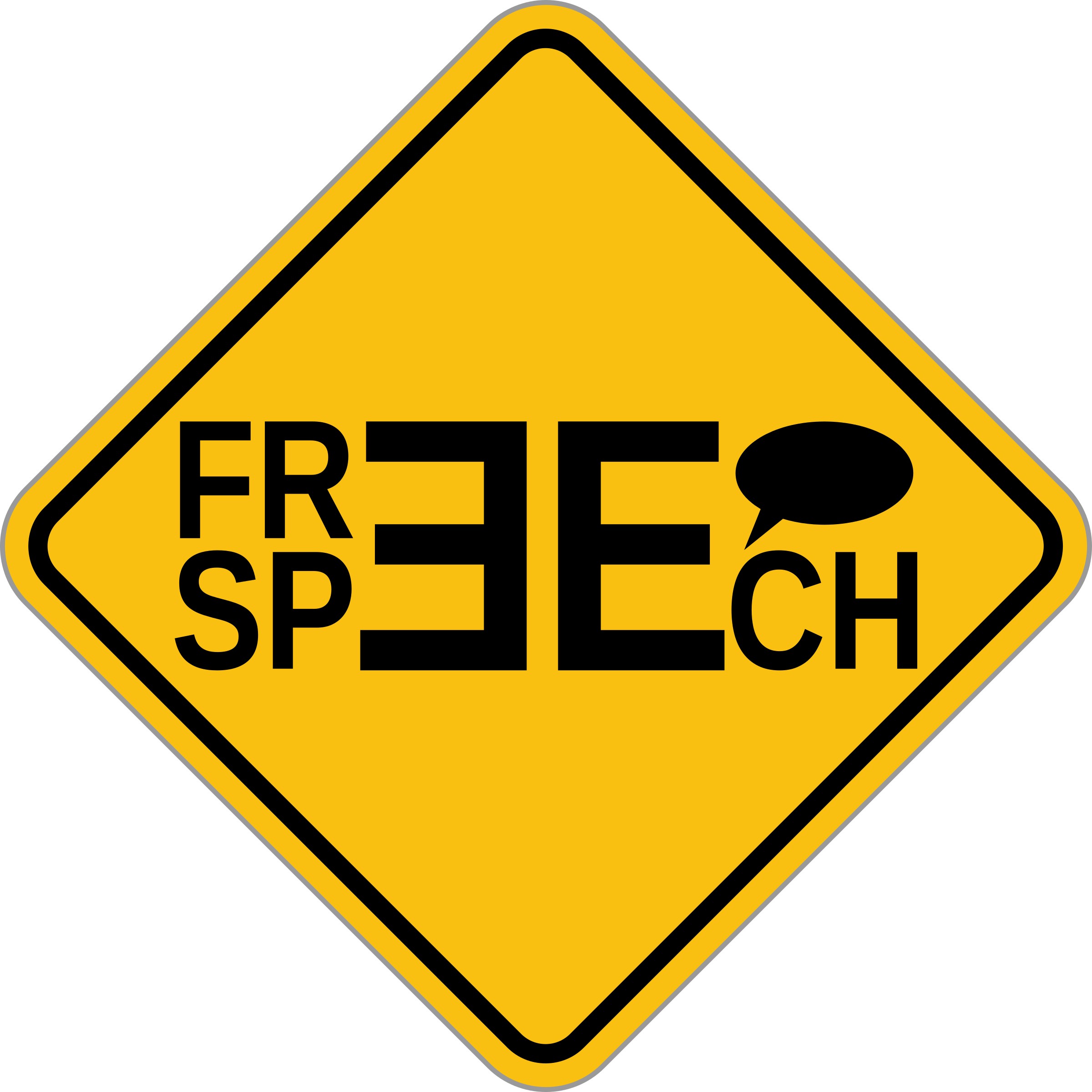For some reason, we've used our newest medium of communication as a sort of frontier to test the limitations of our thoughts. As children, we learned basic humane behavior in the presence of others, and yet we ultimately allowed ourselves to set some of that aside . . . thinking we had a new, unregulated, venue. This seems to prove that without regulatory presence we tend to be quite brutal . . . often as a first resort. While this isn't exactly news, it is alarming. So many of us had been under an impression that we'd overcome most of the horrible tendencies of behavior among humans. Alas, it's just not so.
Since the internet was broadened to include the public, we've used the new capacity to explore, and we've learned to identify that there are certain limitations to free speech and that effective speech requires finesse in any situation, but especially where you want a positive outcome.
Free Speech - What Gives
There are times to speak and times to be quiet. We have speech and we have harassment. We're a brutal, sneaky people and often need behavioral checks. Is Facebook the company to do it?
Some are calling for better Facebook policy regarding practices of censorship. But, come on now . . . is that really what's needed? After all, how could a single company do a better job of detailing what "freedom of speech" means than our all-encompassing national constitution? Well-trained legal representatives are challenged to define free speech in a way that makes everyone happy. How is Facebook-- a social media company-- to succeed in defining it?
It's not; at least, not directly. As usual, it's going to be left to the people to sort out, because it's too complicated for policy to direct. The already-existing policy is our guide, along with the rest of our experiences. The real question may be as simple as, "why can't people just be nice all the time".
We see the struggle most every day, and some of us take hearty part in it. Using "counter speech", we work to regulate conversations. To what end do we do so? Well, it is up to each person participating. This is part of how our freedom of speech is working for us, by maintaining an open venue as much as possible.
How to do Free Speech
Possibly the greatest service we can do for society today is to acknowledge that free speech exists, and that it doesn't mean we can always say what we want to say . . . not without possibility of some blowback under certain circumstances. It'll help too, to realize that just because a few people might be in full expectation and anticipation of a blowback, doesn't mean that such an action should take place.
If speech is intended to tear something down that is perceived as good by anyone, then expect that there may be some limitation to that speech. In fact, we could consider the limitations to be a light form of blowback-- a term which is being used in the lightest context already in this context.
Essentially, we could make things easier on ourselves if we accept that it is almost always necessary to speak effectively, rather than freely. Such an approach allows us to rely less on supposed principles that are in fact difficult to uphold.
REF:
How Facebook censors your posts - CBS News
Facebook Community Standards Policy
RELATED POSTS:
Free Speech and Actionable Offense



